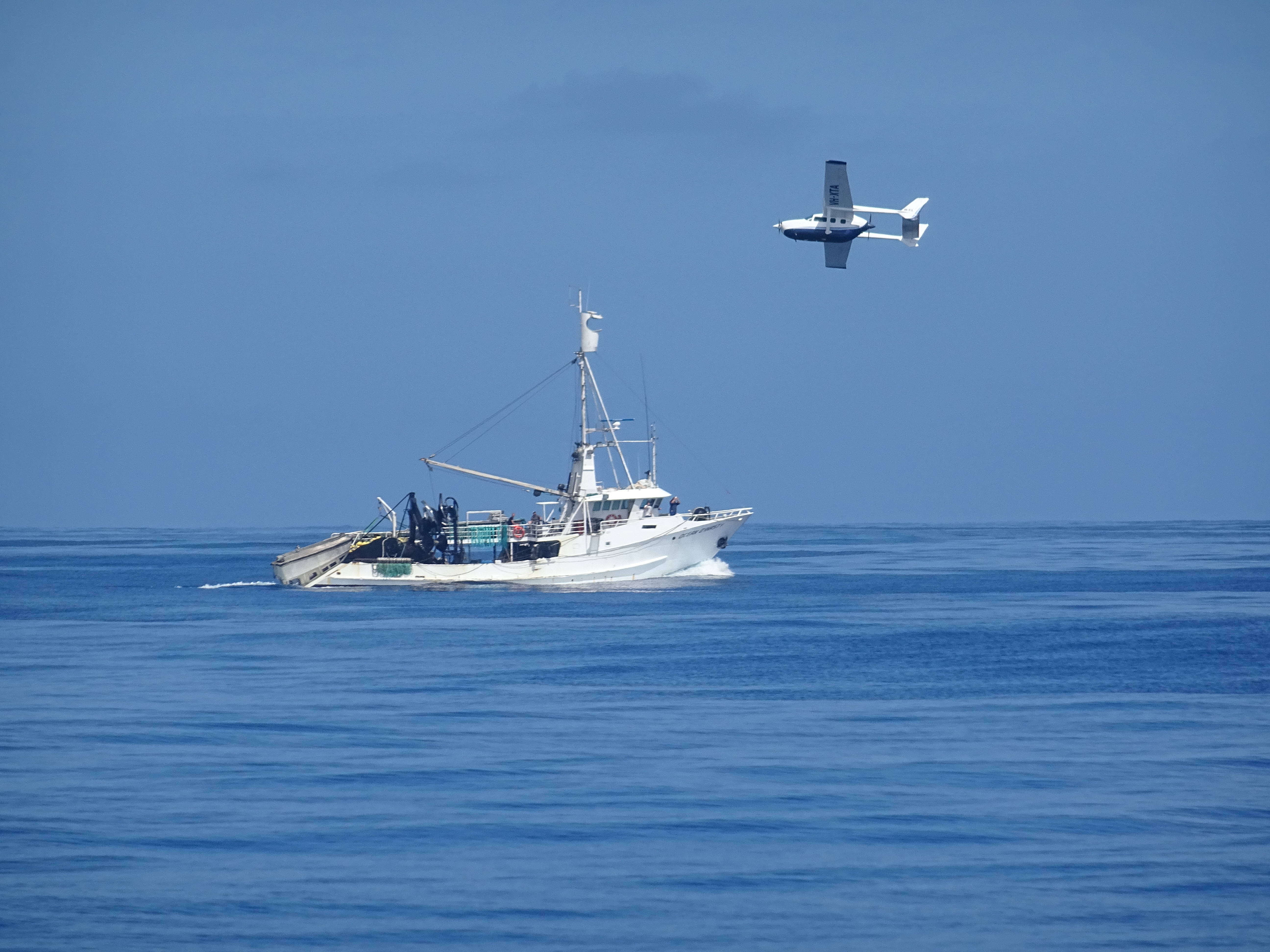The Southern Bluefin Tuna sector is celebrating a historic milestone - Marine Stewardship Council (MSC) sustainability certification for its purse seine fishery.
By Brad Collis
The Southern Bluefin Tuna (Thunnus maccoyii) purse seine fishery has achieved Marine Stewardship Council (MSC) certification as sustainable, building on the independent Status of Australian Fish Stocks Report for Southern Bluefin Tuna (Thunnus maccoyii).
The Southern Bluefin Tuna (SBT) fishery is based around Port Lincoln, South Australia, where fishers have developed aquaculture operations over the past three decades, where purse seined schools of SBT are held and grown out in pens.
Market opportunities
The rebuilding of global SBT stocks, combined with the MSC certification, which applies only to South Australia’s purse seine operations, opens opportunities in markets increasingly demanding sustainability credentials.

Australian Southern Bluefin Tuna Industry Association Chief Executive Officer, Dr Daniel Casement, says the certification milestone is critical if the sector is to remain globally competitive.
While Australia is the first SBT fishery to gain MSC certification, other tuna fisheries including two Atlantic bluefin tuna fisheries gained MSC certification in 2020. This has increased competition in the marketplace, particularly in Japan, which is the main destination for Australian SBT.
“MSC certification of the purse seine fishery provides a foundation for new premium product and market development based on the certification,” explains Daniel.
“As an alternative to ranching, it also offers the potential for improved profitability because the purse seine fishery doesn't have the same husbandry and input costs as ranching operations.”
He sees MSC certification for the purse seine fishery as a stepping stone to achieving the equivalent accreditation for farmed tuna. “This is the next challenge and opportunity.”
Science-led recovery
Gaining MSC certification has been a lesson in collaboration and partnerships with shared commitment to innovation, to conserving SBT and to becoming a global leader in tuna production, research, and management, says Daniel.
“It has been a journey on which our industry, science and management agencies, and the recreational fishing sector, have all been in lockstep.”
This journey is documented in the 2019 film “Life On The Line - The amazing true story of the Southern Bluefin Tuna”.
This two decade journey culminated in the species being removed from Australia’s Environment Protection and Biodiversity Conservation Act (EPBC Act 1999) list of threatened species.
Most of the research to rebuild SBT populations and put the fishery onto a sustainable footing has been undertaken by the CSIRO as part of a long-running research program supported by FRDC.
Both organisations supported further research to meet MSC requirements, that demand an 80 per cent surety that fishing practices will not threaten natural population recruitment.
FRDC funding has also supported the sector’s own research and efforts to restrict catches to help SBT stocks recover.
“At each step we have led with science,” Daniel says. “And central to this has been the support of FRDC and the Department of Agriculture, Fisheries and Forestry (DAFF) which have championed this sector.”
Daniel says FRDC’s and DAFF’s support has also extended to the recreational fishing sector through funding of the Tuna Champions program to promote improved stewardship and best practice fishing.
International recognition
Meanwhile, certification of the SBT purse seine fishery has attracted international acclaim.
MSC Program Director for Oceania and Singapore, Anne Gabriel, says the SBT fishery is now recognised as one of the most sustainable fishing operations in the world.
“It is not just a badge of honour; it is proof that sustainable fishing practices can reverse environmental challenges. It sets a global benchmark for responsible stewardship and demonstrates that economic growth and environmental conservation can go hand in hand,” says Anne.
Related FRDC projects





